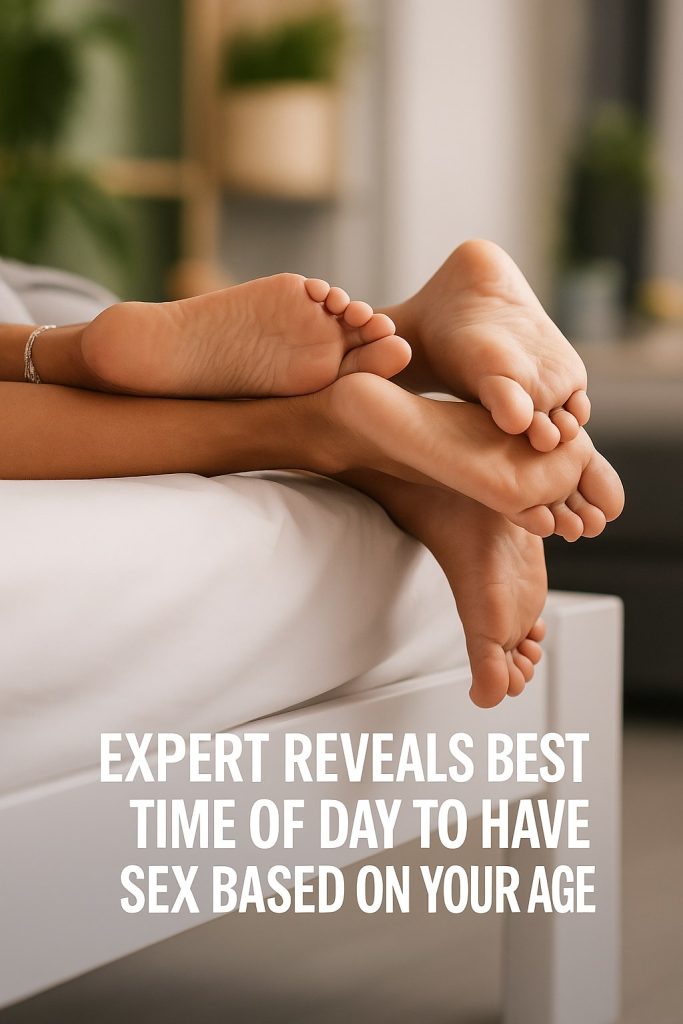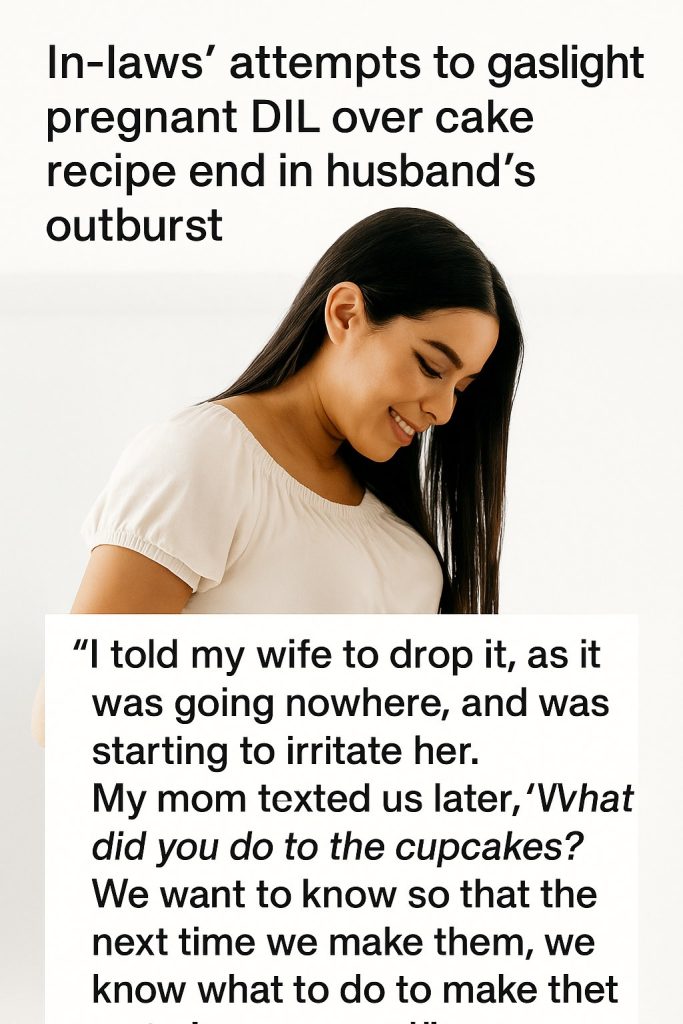Wondering when is the ideal time to spark intimacy for maximum pleasure and connection? Recent insights from health and sex experts provide eye-opening guidance on the best time of day to have sex — tailored specifically to your age group. Whether you’re in your 20s, 40s, or beyond, timing may just be the secret ingredient to enhancing your sexual experience.
Why Timing Matters: According to experts, our biological rhythms, hormone fluctuations, and energy levels throughout the day play a crucial role in sexual desire and performance. These physiological factors vary considerably with age, meaning the “perfect” time for intimacy isn’t one-size-fits-all.
For Those in Their 20s and Early 30s: Young adults generally have high energy and elevated testosterone levels, especially in the morning. Experts say the early hours — approximately between 6 a.m. and 10 a.m. — are the best window for sexual activity. Morning sex aligns with peak hormone surges, heightened alertness, and natural bodily readiness, creating an auspicious combination for both stamina and satisfaction. The endorphin boost after morning intimacy can also set a positive, energized tone for the entire day.
For Individuals in Their 40s and 50s: Midday or early evening tends to be the sweet spot for this age group. Hormone levels start to fluctuate more significantly around midlife, and energy peaks often occur later in the day. Experts recommend scheduling intimacy between 4 p.m. and 7 p.m., when the body has had time to fully wake from the morning and stress levels may temporarily dip after work hours. This timing enhances both physical comfort and emotional connection, which become increasingly important with age.
For People Over 60: Experts highlight that late afternoon to early evening, specifically 3 p.m. to 6 p.m., works best for older adults. At this stage, energy conservation and relaxation are key, so sex during this quiet, less rushed part of the day provides optimal opportunity for intimacy without feeling fatigued or rushed. This timeframe is also associated with lower cortisol (stress hormone) levels and a natural increase in mood-boosting chemicals, making sexual activity more enjoyable and less physically taxing.
The Science Behind These Recommendations: The guidance draws on recent studies exploring circadian rhythms — the body’s internal clock — and how hormone production like testosterone, estrogen, and cortisol fluctuate by time of day and age. Health experts emphasize that understanding these natural cycles can improve sexual health, satisfaction, and relationship dynamics.
It’s important to note these are general guidelines, and individual preferences or health conditions may create exceptions. Open communication with partners and tuning into personal energy patterns remain paramount for fulfilling sexual relationships.
In sum, timing intimacy to your biological and age-related rhythms can amplify pleasure and connection. So next time you’re planning a romantic moment, consider the clock — your body just might thank you.
Here’s a quick recap of expert-recommended timing based on age:
- 20s to early 30s: Morning (6 a.m. – 10 a.m.)
- 40s to 50s: Late afternoon to early evening (4 p.m. – 7 p.m.)
- 60 and older: Mid to late afternoon (3 p.m. – 6 p.m.)
By embracing these insights, couples and individuals alike can take a thoughtful approach to intimacy, harnessing the natural



